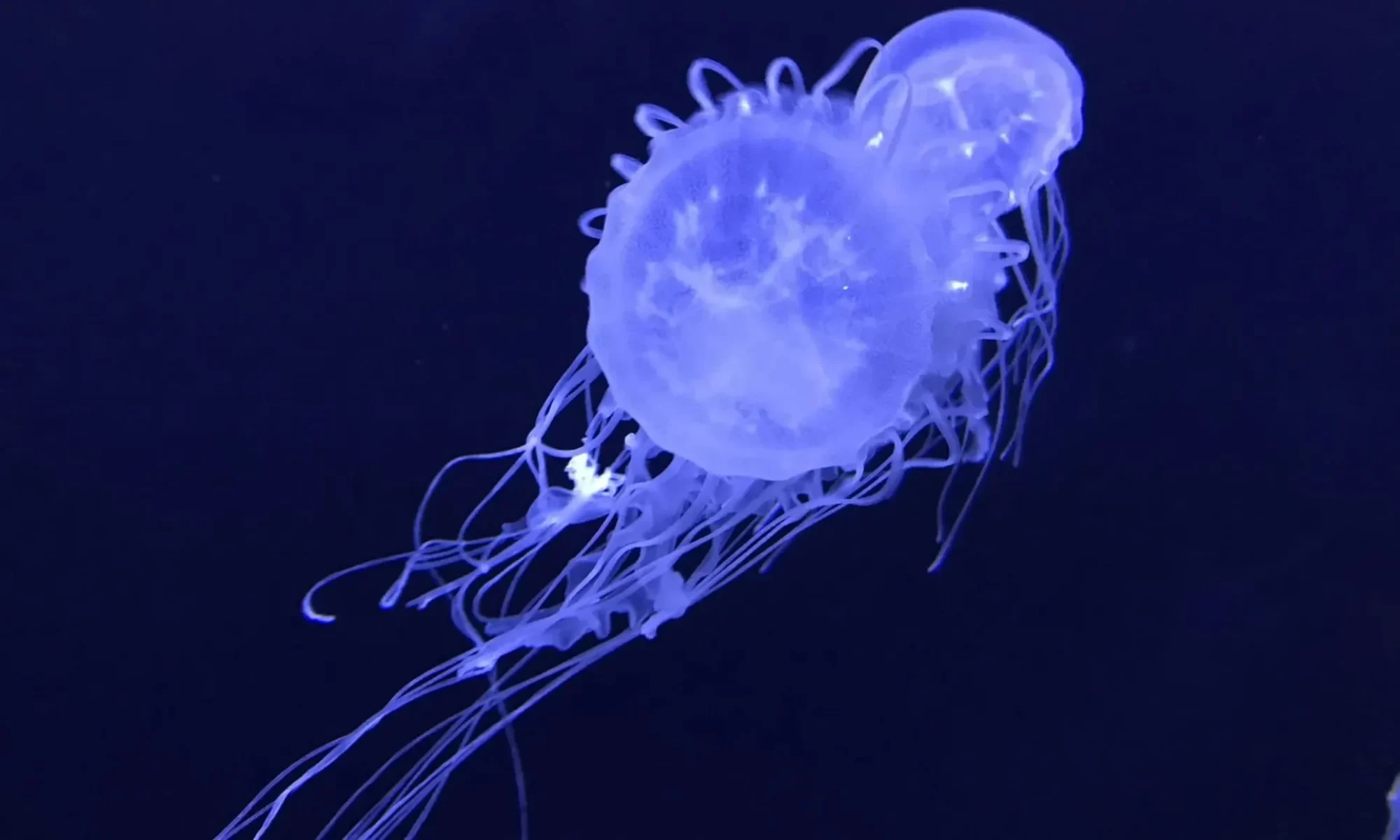Tohoku University: Advanced Institute for Marine Ecosystem Change
SEAQUEST

“SEAQUEST” is an innovative research program led by a team of international researchers from Tohoku University. The researchers will engage their cross-disciplinary skills, experience, and networks to bring local knowledge and stakeholder collaboration to the forefront of applied ocean/community sustainability research and address the changing fishery populations in the Tohoku region of Japan.
The interdisciplinary team, including Co-Principal Investigators Dr. Cheryl Ames is working closely with a wide cohort of stakeholders. These include international research networks such as TBTI and V2V; industry partners representing Miyagi Prefecture fisheries; environmental education centers; fishing stakeholders, including women, from Shichigahama, Higashimatsushima, and Minamisanriku municipalities; and local level collaborators such as tourist agencies, entrepreneurs, researchers from Iwate University, and Tohoku region aquariums.

The project has been awarded funding from Tohoku University’s Sustainability Open Knowledge-Action by Connecting Stakeholders (SOKAP-Connect) Program.

SeafoodTracer is a traceability platform enabling easy, transparent verification of seafood. Co-designed with industry, SeafoodTracer ensures seafood supply chain integrity from ocean to consumer. Combining genomics and computer vision AI, this solution provides rapid, accurate validation of species identity and origin to aid seafood regulation compliance and combat illegal fishing.
Project Overview
Dr. Ames serves as a Co-Primary Investigator on a 2021 National Science Foundation Convergence Accelerator Project, focused on developing molecular, AI and digital tools that will aid in octopus and other seafood identification during the initial catch phases for the seafood industry. The project, named Seafood Tracer, aims to create sustainable octopus fisheries worldwide through next generation technologies.
Once the application is demonstrated in octopus fisheries, the team plans to broaden the project to other fisheries with the goal of expanding sustainable fisheries for the blue economy while preventing illegal and overfishing.

“Through this international project we aim to build an application that tracks and identifies octopus and their distribution from the ocean to the table, combining traditional methods with leading-edge technologies of genomics, molecular metabarcoding, environmental DNA (eDNA), and artificial intelligence,” says Ames.

The 15-member team includes experts from seven countries in the fields of fisheries management, marine biology, computer science, data science and analysis, environmental anthropology, genetics, and fisheries trade policy. The project is one of 28 awardees in the National Science Foundation Convergence Accelerator’s 2021 cohort. This includes $750,000 in funding for the project’s first phase.

G*Nomics of Marine Organisms
This collaborative international project uses genomics to understand the interactions of marine organisms and environmental change.
Dr. Ames participates with world-renowned researchers on a project titled, “Symbioses in 3D: diversity and dynamics in pelagic symbioses across the tree of life.”
Funding for this global project is provided by Wellcome Sanger Institute.
Kurage No Tabi

In November 2021, the float “Kurage no tabi” (which means the jellyfish’s journey) was deployed by MBARI (Monterey Bay Aquarium Research Institute) RV Thomas Thompson. Floats are autonomous data collectors. Data records on ocean properties such as temperature, salinity, and nutrients were once hard to come by because samples can only be taken by scientific research vessels or volunteers on commercial ships. This all changed with invention of autonomous profiling floats: long, cylindrical tubes with the ability to sample temperature, salinity, and pressure at various depths. Floats control their own buoyancy, and thus their vertical position, but otherwise move freely with the currents of the ocean waters.
Adopted by Tohoku University Associate Professor Cheryl Ames, Kurage no tabi, with its drawing of the box jellyfish Alatina alata on the side, will be monitored by students in the Applied Marine Biology degree program at Tohoku University, Japan.

About the Adopt-A-Float Program: Deployed by MBARI (Monterey Bay Aquarium Research Institute)”The Southern Ocean Carbon and Climate Observations and Modeling (SOCCOM) and the Global Ocean – Biogeochemical Float projects are partnering with teachers and classrooms across the country to inspire and educate students about global ocean biogeochemistry and climate change through a pilot “Adopt-A-Float” initiative.”

For more information visit MBARI’s Adopt-a-Float web site.
Interested in adopting a float for a classroom?
*Information acquired from Monterey Bay Aquarium Research Institute.
